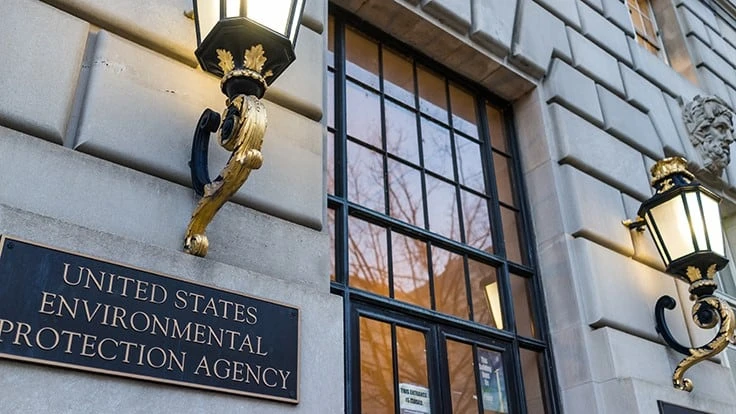
The U.S. Environmental Protection Agency (EPA) has announced the selection of 12 recipients to receive approximately $3 million in funding to help reduce food loss and waste and to divert food waste from landfills by expanding anaerobic digestion (AD) capacity in the United States. The project types selected for funding include feasibility studies, demonstration projects, as well as technical assistance and training.
“Finding solutions to better curb food waste continues to be a top priority for the Trump administration,” says EPA Administrator Andrew Wheeler. “This year’s round of innovative community projects is focusing on ways to reduce food waste at the local and state levels and divert it from landfills.”
According to a release, this AD funding opportunity is a part of EPA’s efforts and contributions to the Winning on Reducing Food Waste Initiative, a partnership among the EPA, the U.S. Department of Agriculture, and the Food and Drug Administration, to reduce food loss and waste through individual and combined federal action.
AD is a strategy included in EPA’s food recovery hierarchy that is preferable to landfilling/incineration because it reclaims valuable resources. Keeping food waste from landfills, such as transforming it into fuel or fertilizer, can save money and reduce environmental impacts, the agency says.
The twelve projects selected for funding are:
Central New York Technology Development Organization (Liverpool, New York): Plans to install equipment to increase digester capacity, host community education/outreach tours, and develop a case study for this demonstration project.
Center for EcoTechnology (Northampton, Massachusetts): Plans to work with government agencies, haulers, food businesses, trade associations, and others in the Northeast US to provide technical assistance, training and capacity building that will develop and disseminate AD resources.
City of Oxnard (Oxnard, California): Plans to conduct a feasibility evaluation for the city’s organic waste and test run delivery to the city’s wastewater treatment plant for co-digestion.
Dickinson College (Carlisle, Pennsylvania): Plans to advance the co-digestion of food waste in small scale farm digesters in Region 3, including an AD co-digestion demonstration project with research components, partnerships with entities to secure food waste feedstocks, and extensive education and outreach efforts.
Emory University (Atlanta): Plans to establish a prototype on campus as a demonstration site to design AD that seeks to reduce Environmental Justice concerns that can be replicated by universities, corporations, local communities, and governments.
Montana State University (Bozeman, Montana): Plans to initiate a pilot study to facilitate the upscaling of anaerobic digestion of food scraps in households and produce outreach materials on the project.
North Central Texas Council of Governments (Arlington, Texas): Plans to coordinate with stakeholders in the North Central Texas region to complete a food waste to fuel feasibility study.
Florida Atlantic University (Boca Raton, Florida): Plans to systematically develop the science needed to build the foundation of a regional organics diversion model that takes advantage of excess digester capacity at local wastewater treatment facilities.
University of California-Davis (Davis, California): Will demonstrate a system for biomass recycling and creation of ammonia fertilizer to optimize their current digester system and disseminate results.
University of Illinois-Chicago (Chicago): Plans to create a technical and educational assistance center focused on helping AD facilities interested in creating, expanding, or fully utilizing its capacity and the accompanying biogas and digestate.
University of Missouri-Columbia (Columbia, Missouri): Plans to conduct research on co-digestion of AD to provide technical assistance and outreach activities through partnership programs and trainings for farmers, schools, AD companies, and governments.
Washington State University (Pullman, Washington): Plans to leverage research and data derived from Washington State University’s partnerships with other state institutions to identify three optimal areas in Washington State for developing successful, multi-partner digester projects.
Latest from Waste Today
- US Senate backs reduced cuts to EPA
- Waste Connections announces Q2 results
- Returnity and Cosmoprof to address reusable bag waste
- SWANA releases report on aging WTE facilities
- New economic assessment reveals cost benefits of California’s SB 54
- Premier Truck Sales & Rental opens new facility
- TeknTrash Robotics, Sharp Group partner on humanoid robot pilot
- Stadler equips mixed waste sorting plant in Sweden





